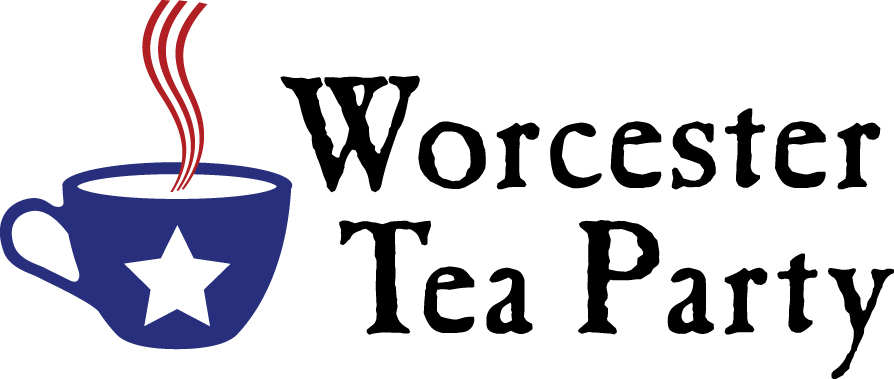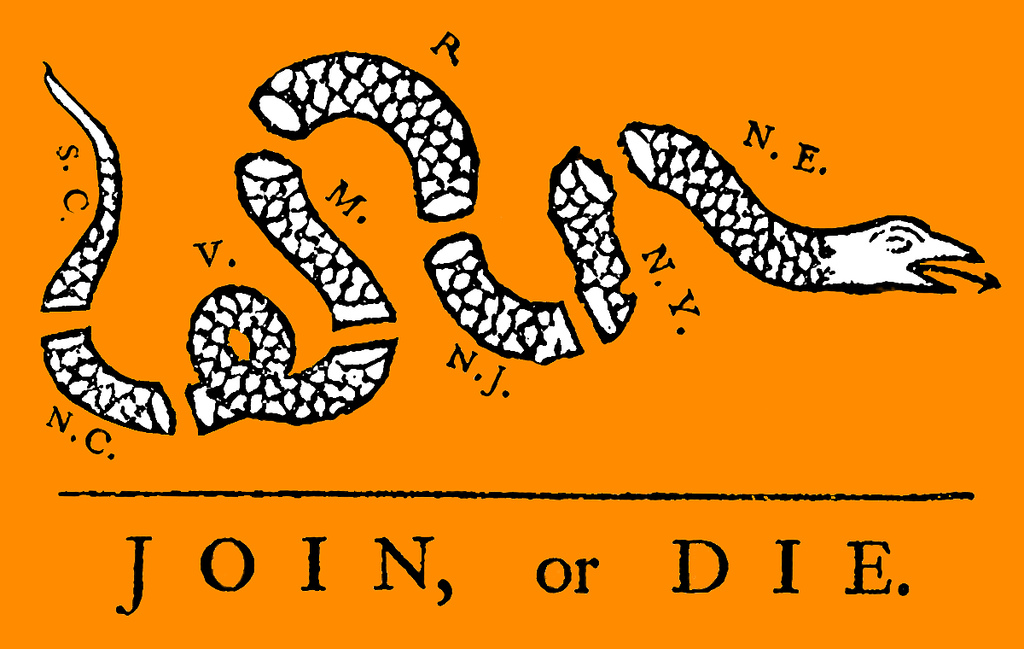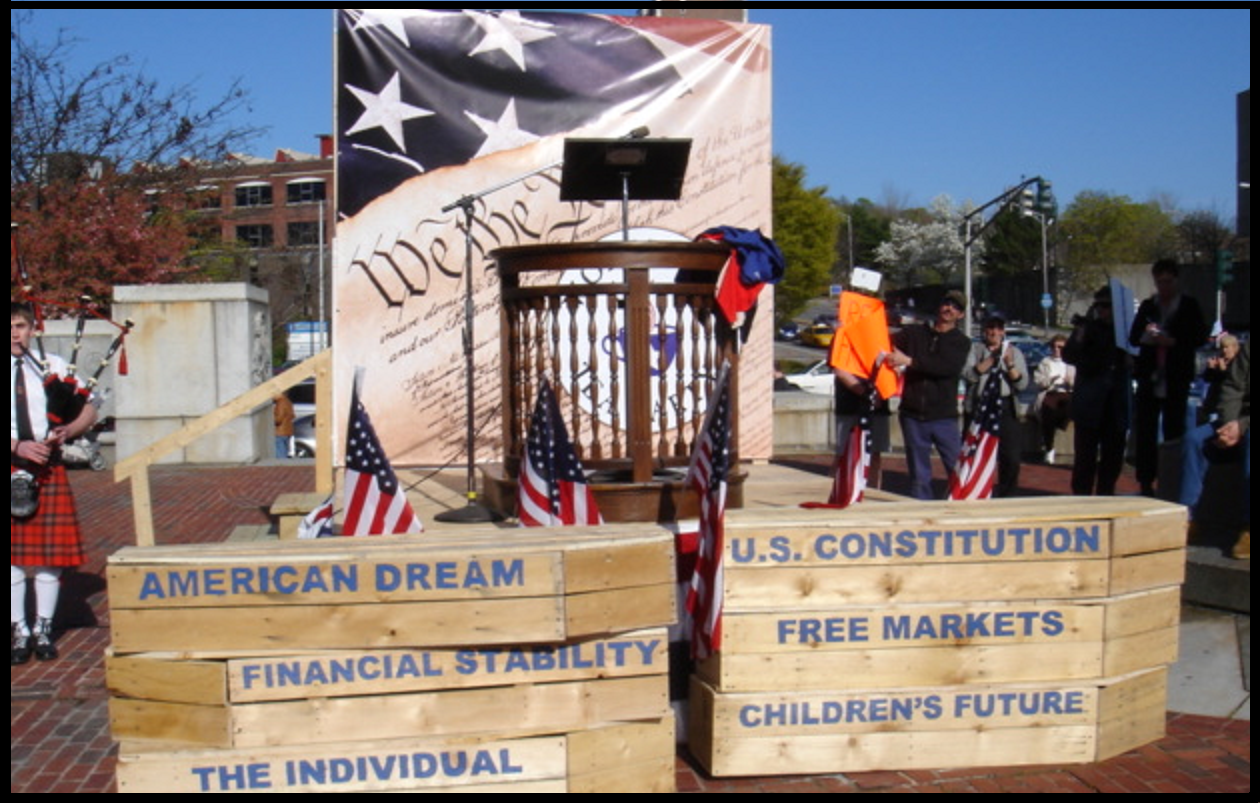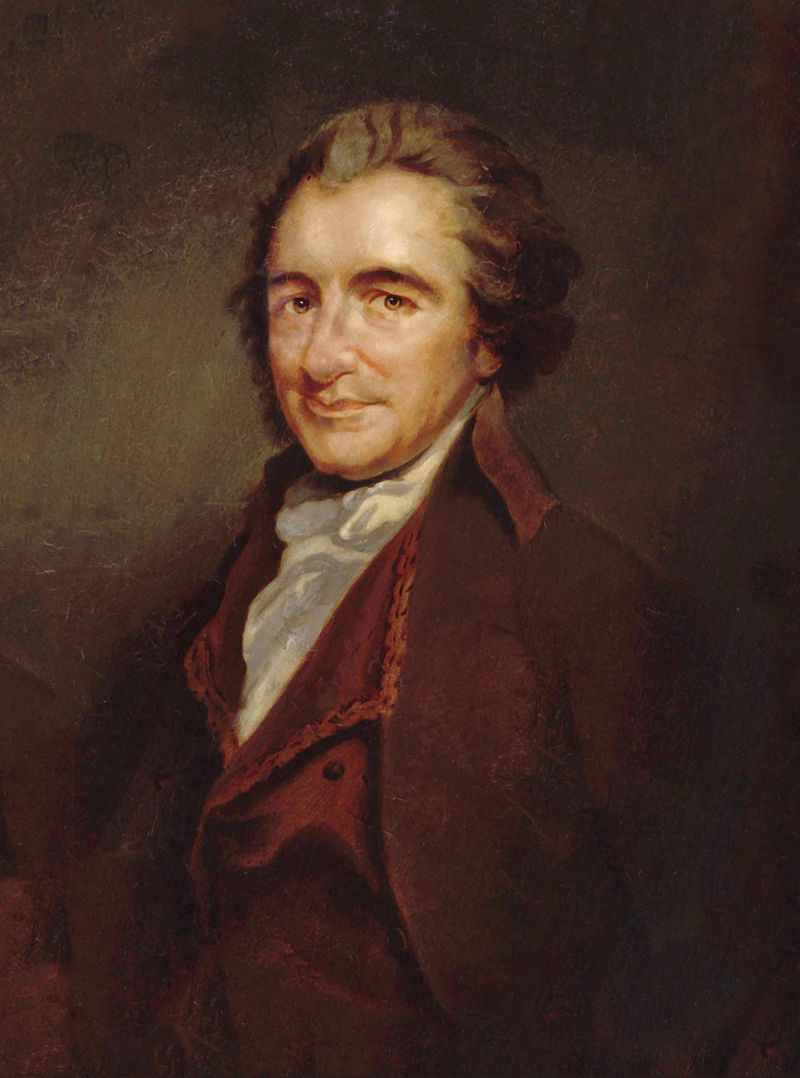“I refuse to accept the view that mankind is so tragically bound to the starless midnight of racism and war that the bright daybreak of peace and brotherhood can never become a reality….
I believe that unarmed truth and unconditional love will have the final word.”
-Martin Luther King, Jr
For the past year, violence has sparked a renewed debate about the nature of racism in America. Most Americans think of racism as a flaw of prior generations, as if bigotry no longer victimizes people of color. Blatant and open discrimination and the words and jokes about minorities that once were freely used in polite conversation have been relegated to the hall of shame. We understand that they are degrading and unacceptable in a society that is founded on the principle that all men are created equal.
While society has made great strides in erasing racism, it still festers, not only in old fashioned bigotry, but in a form that’s more insidious.
The horrific murders in a Charleston, South Carolina church earlier this month have once again brought racism and race relations to the forefront of conversations. In the case of the Charleston shootings, a hate filled gunman exposed many Americans to a side of our country that most would prefer not to acknowledge.
The bigotry and hate of prior generations has withered to a great extent, but underneath, there are roots of it that will be hard to eradicate. It’s not something the government can fix. It needs to be fixed inside the communities that experience the struggle. It needs to be fixed in the hearts of those who continue to divide American by race and class.
Our conversations about race always seem to go off track. Instead of talking about the racial hatred displayed by the murderer at the Emanuel African Methodist Episcopal Church, we’re talking about the Confederate flag, psychotropic drugs, and gun rights. Conversations about Michael Brown and Freddie Gray devolved into arguments about drugs and whether they were “thugs” or innocent victims. We insist on finding blame instead of recognizing the nature and the effects of racism in 21st century America.
Lost in the fog of these arguments is the real plight of minority communities, the hard working people who get up every day to try to keep their family safe, warm, well fed, and housed in a community with good schools; Americans who dream of living the American Dream. As with so many Americans, of all races and colors, this dream has been dimmed by opportunity-killing government policies. The Tea Party movement has been talking about this from its inception, but that narrative doesn’t fit the theology of dependency that Washington thrives on.
One of the most pernicious forms of racism is the institutional racism practiced by the government. George Bush referred to it as the “soft bigotry of low expectations”. It is supported by a bureaucracy that refuses to allow people to live up to their full potential. It’s not just a welfare system that splits fathers from families. It’s a criminal justice system that labels millions of Americans as criminals, destroying whatever opportunity they may have had, just as they should be learning to be productive members of society. It’s a public education system that fails over and over, denying families an opportunity to choose a better school.
The left tries to use the race issue to sell people on Marxist or Progressive ideology, ironically, ideologies that perpetuate our divisions. While they blame capitalism and conservatism for perpetuating oppressive policies, the truth is that statists thrive on perpetuating these problems in order to sell their politics of division and envy.
What can we do to help minorities who suffer from effects of discriminatory practices, words, and policies? First, become better listeners. Sometimes, there’s no need to argue, even when you disagree. Ask questions. Don’t get caught up in silly superfluous side issues. Listen. Hear. You are going to hear a lot of stuff that you don’t like, but somewhere underneath the haze of mistrust is the truth. Attend discussions on race.
Second, realize that we can and always will do better. Let’s not compare ourselves to other countries. We are the best country on Earth for immigrants and for American born minorities. No other country welcomes the diversity of cultures that bless us, but being the best of the bunch doesn’t mean that we are the best we can be. We can do better, not because we have failed, but because we have a legacy of success.
Third, Do not cede the civil rights issue to those who don’t understand the nature of liberty; those who think that liberty can only be earned if you fit into the right identity group. We understand that every person is born free. This is a message that proclaims that we will not allow Americans to be divided by race, color, gender, and class any longer. We are not “tragically bound to the starless midnight of racism”.
By advocating for principles of liberty articulated by Thomas Jefferson, John Adams, James Monroe, and by Booker T. Washington, Dr. Martin Luther King, Jr., and Frederick Douglass, we can be allies in rooting out the vestiges of racism and bigotry. This is how we can best honor the memories of the Charleston victims.
In liberty,
Ken Mandile
Senior Fellow
Worcester Tea Party
Like this:
Like Loading...






You must be logged in to post a comment.